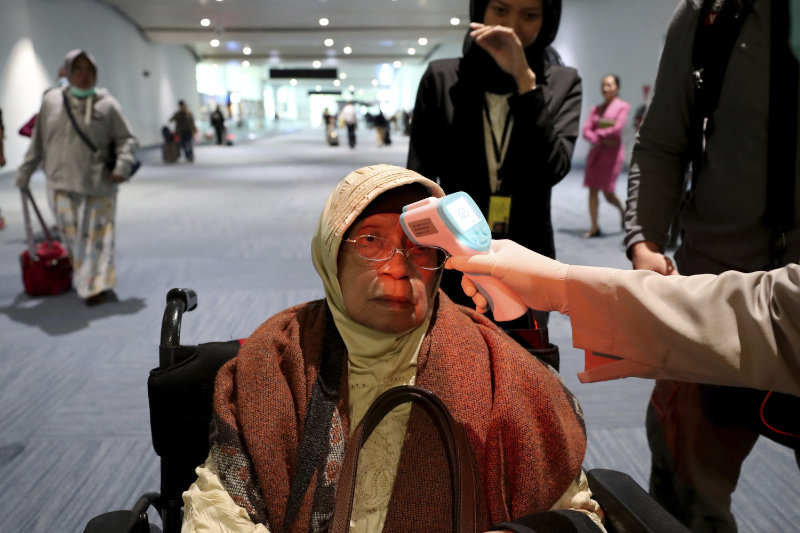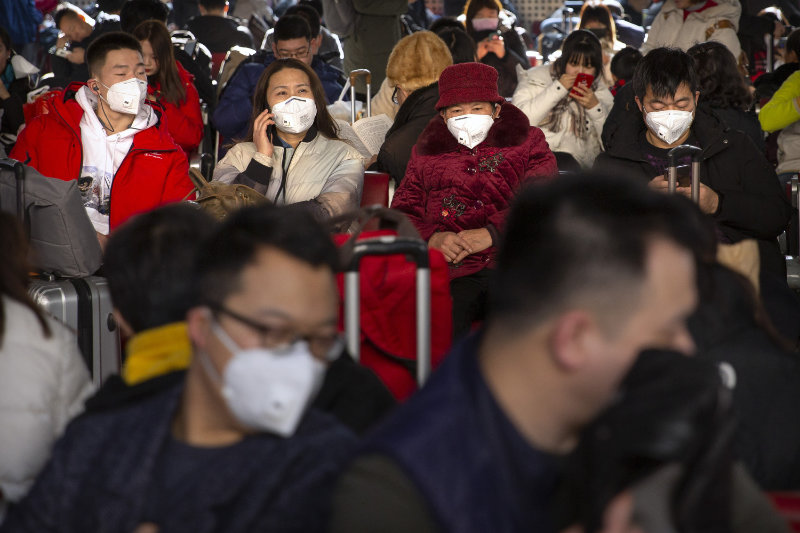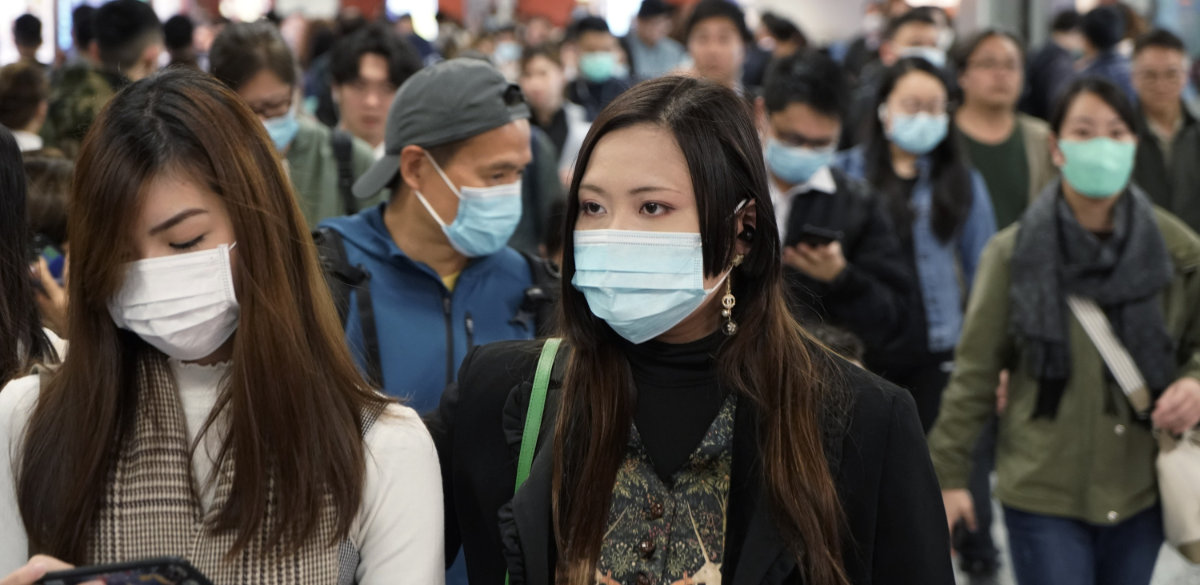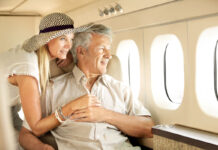A new type of coronavirus has killed 26 people so far and there are concerns about it spreading. If you’re travelling it’s worth reading up on our coronavirus travel advice and what you should know.

Cases of the virus have been confirmed in the US, Japan, South Korea and Thailand, with cases being tested in the UK. There are understandable worries about the spread of the disease, particularly in the build-up to Chinese New Year when there will be increased travel.
Coronavirus travel advice – what you should know
The World Health Organisation (WHO) said on Thursday it was “too early” to declare an international public health emergency, but the situation is being closely monitored across the globe.
We spoke to Dr Richard Dawood of The Fleet Street Clinic in London about what travellers need to know about the coronavirus – now known as Covid-2019.
What is the coronavirus?
“Coronaviruses are a large group of viruses that include those responsible for the common cold,” explains Dawood. “Mostly, these viruses attack the upper respiratory tract, causing the symptoms of the common cold. In recent years, there have been outbreaks of two viruses that have resulted from human contact with animals.” These were SARS and MERS.
Dawood says: “This new coronavirus variant has originated from Wuhan in central China. The outbreak has centred on a large food market, in which live animals were in close contact with large numbers of people.”
What are the coronavirus symptoms?
“The characteristic features of this new virus are fever and infection of the lower respiratory tract – [known as] viral pneumonia,” explains Dawood. “A person suffering from infection will have a high temperature and a cough, perhaps with shortness of breath.”

Coronaviruses are generally spread by “airborne droplets that are exhaled or coughed out by people suffering from infection”, the doctor says. These are “either inhaled by a susceptible person or contaminate hard surfaces and then spread by hand hygiene”.
Coronavirus travel advice – what should you be aware of?
The UK’s Foreign and Commonwealth Office has advised against “all but essential travel to Wuhan city”. Public Health England has been monitoring flights from Wuhan to the UK. So far, there has been no confirmed cases of the coronavirus in the UK – 14 people have been tested, with five negative and nine awaiting results.
“China is a huge country and it is very difficult to generalise about risk at this stage,” explains Dawood. “The best advice is to keep plans as flexible as possible and to be aware of updates and changes.”
To find out more about the reported outbreak of coronavirus in Wuhan City, China, click here: https://t.co/PYnHmzmzFE pic.twitter.com/miPDRV6Awu
— Public Health England (@PHE_uk) January 23, 2020
Flu vaccinations don’t protect against the coronavirus, but Dawood says: “Travellers to China should be vaccinated against flu in order to reduce the risk of developing an illness that would be easily confused with coronavirus infection.” This is particularly pertinent as the flu is much more common than the virus.
“Other sensible precautions include careful attention to hand hygiene with frequent washing and use of hand sanitisers and ‘social distancing’ – staying at least a metre away from anyone exhibiting cough or cold symptoms,” he adds.
You might also think it wise to wear a face mask, like so many people in affected areas have been doing. However, Dawood says: “In general, facemasks are only limited value – there’s no point wearing them outdoors, and if worn at all, care must always be taken when handling them after use, so as to avoid contaminating oneself.”
Travel safe with Wise Living’s latest travel advice.































































